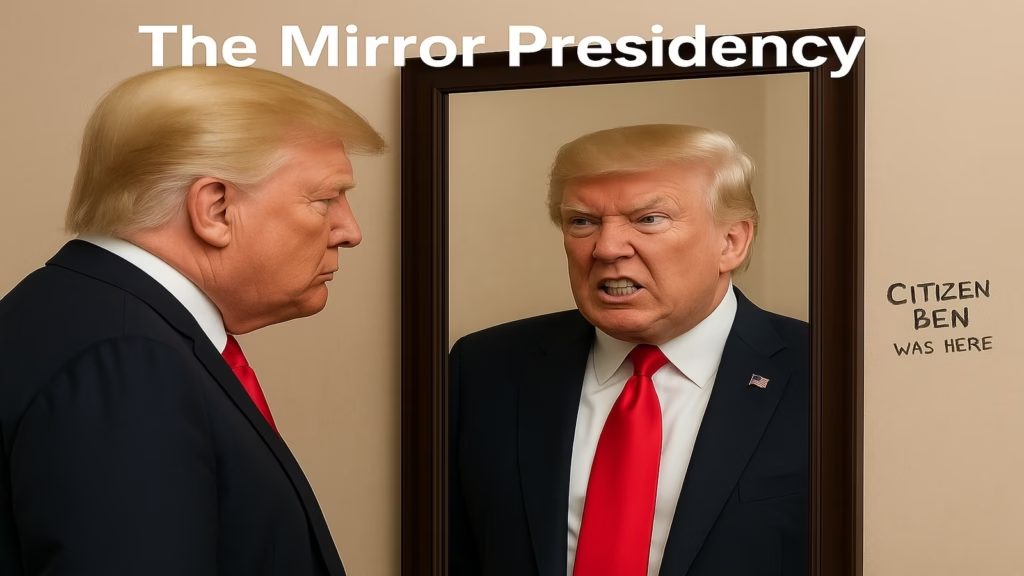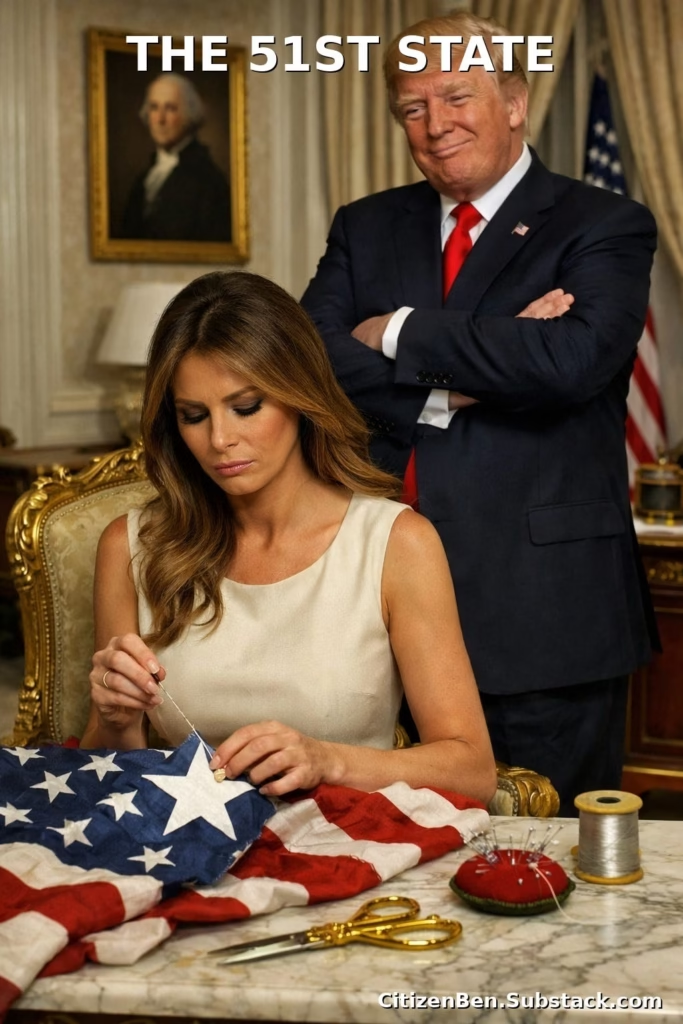How Trump’s Accusations Reveal His Own Mind
Last week, Donald Trump accused Barack Obama of treason. Let this sink in; a sitting United States President accused a former President of treason. No indictment, no investigation, no credible evidence. Just a camera, a microphone, and a compulsive need to shift blame.

At first glance, it reads like more Trumpian theater. But look closely, and a deeper truth emerges: Trump isn’t just deflecting political heat. He’s telling us, in his twisted way, exactly who he is.
Because when Donald Trump points a finger, he’s holding up a mirror.
Psychology of Projection
Psychologists refer to it as projection, a defense mechanism in which a person denies their flaws by attributing them to someone else. In simpler terms: “I didn’t do it—you did.” For narcissists, projection isn’t just an occasional behavior—it’s a core survival tactic.
Trump has turned it into an entire political strategy.
He accuses others of election fraud while pressuring Georgia officials to “find 11,780 votes.”
He attacks Joe Biden’s memory while Trump was forgetting which city he’s in or mixing up world leaders.
He condemns the mishandling of classified documents while storing top-secret materials in his bathroom.
And now, he accuses Obama of treason, the gravest crime against the nation, while he is under indictment for conspiracy and obstruction tied to an actual attempt to overturn an election.
This is more than hypocrisy. It’s projection weaponized for power.
Narcissism, Amplified
Donald Trump exhibits classic signs of Narcissistic Personality Disorder (NPD), grandiosity, entitlement, a constant hunger for praise, and a deep-seated fear of humiliation. But what makes his case even more dangerous is what psychologists call malignant narcissism, a toxic brew of narcissism, paranoia, aggression, and sadism.
And it doesn’t stop there.
Trump’s behavior also aligns with what experts call the Dark Triad:
- Narcissism (inflated self-importance)
- Machiavellianism (manipulation and deceit)
- Psychopathy (lack of remorse and empathy)
This psychological profile doesn’t just explain his erratic behavior. It explains why facts don’t matter, why rules don’t apply, and why every confrontation becomes a personal vendetta.
He doesn’t just lie—he needs to lie.
He doesn’t just deflect—he must destroy.
And when he loses control, he reaches for the most extreme accusation available.
Why Treason? Why Now?
The timing of Trump’s latest accusation wasn’t accidental. It came during a week of rising scrutiny:
- His name was once again linked to Epstein-related documents
- Prosecutors closed in on potential financial crimes tied to his second inaugural committee
- Veterans’ groups blasted his administration’s healthcare cuts
- Reports surfaced of growing paranoia inside his inner circle
So what does Trump do? He pivots. He points. He lashes out. Not at the press, not at the courts—but at Obama. Again.
Because for Trump, the only way to survive accountability is to reframe it as persecution.
Accusation as Autobiography
Trump’s accusations don’t just deflect blame—they often reveal the very behavior he’s trying to hide. When he calls someone a traitor, it’s worth asking what he’s really afraid of. His loudest charges mirror his own conduct: accusing Obama of treason while Trump incited a coup; calling Biden mentally unfit while Trump rambles incoherently on stage; warning of a weaponized Justice Department while Trump demands prosecutions of his enemies. These aren’t random insults, they’re confessions disguised as condemnation. He’s not describing his opponents. He’s describing himself.
Obama’s Response: Calm in the Chaos
President Obama’s response to Trump’s treason accusation was swift and composed. Through spokesperson Patrick Rodenbush, Obama dismissed the claim as “bizarre,” “outrageous,” and “a transparent distraction from Mr. Trump’s legal troubles.” The former president refused to dignify the smear further, a stark contrast that highlights the difference between governing with stability and spiraling into paranoia.
“This is a bizarre and outrageous claim—a transparent distraction from Mr. Trump’s legal troubles.”
—Patrick Rodenbush, spokesperson for President Barack Obama
Real Danger
It’s tempting to treat this as another Trump outburst to be mocked and moved past. But when a former president repeatedly accuses his predecessor of treason without a shred of evidence, it erodes the boundaries between fact and fantasy. It sets a precedent: that political power justifies any lie, any accusation, any purge.
Psychiatrist Robert Jay Lifton warned that Trump exhibits a “solipsistic relationship with reality”, a worldview in which only his needs and perceptions matter. Truth is irrelevant. Only loyalty counts.
That’s not leadership. That’s a psychological emergency dressed up as a presidency.
The Bottom Line
Trump’s treason charge isn’t just a lie. It’s a mirror. A loud, desperate attempt to project guilt, distract from indictment, and animate a base built on grievance. It’s not about Obama, it’s about Trump, once again dodging accountability by flinging chaos at the wall.
We’ve seen this play before. And if we don’t name it clearly—for what it is—it will play out again, with even greater consequences.
So let’s name it:
This isn’t truth-telling.
This isn’t justice.
This is projection.
This is manipulation.
This is psychological warfare dressed in a red tie.
And the more desperate he gets, the more mirrors he’ll smash on his way down.
This is Citizen Ben. Truth without treason. Clarity over chaos. Subscribe and share.
Related Podcast: THE MIRROR





